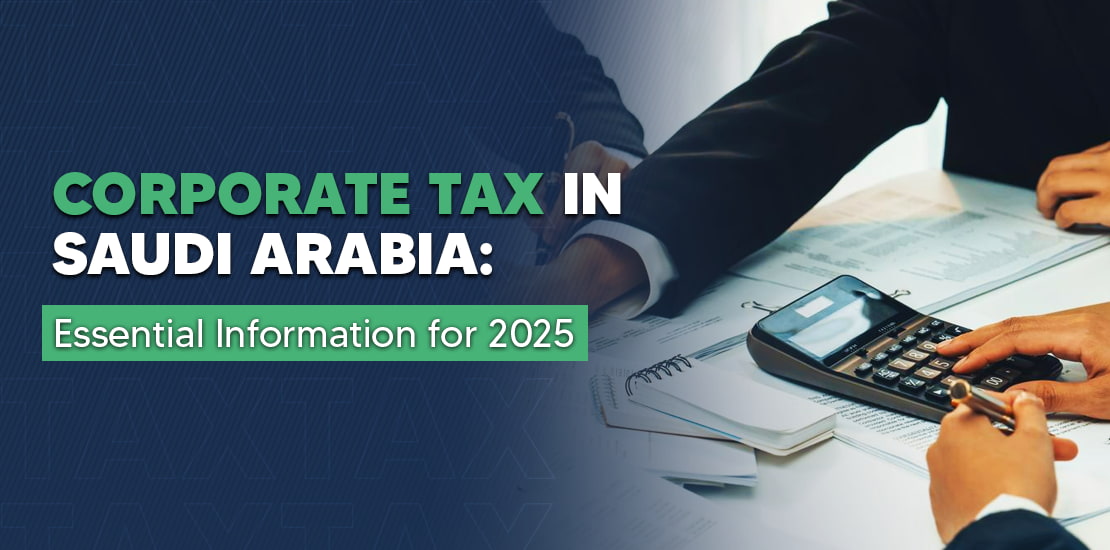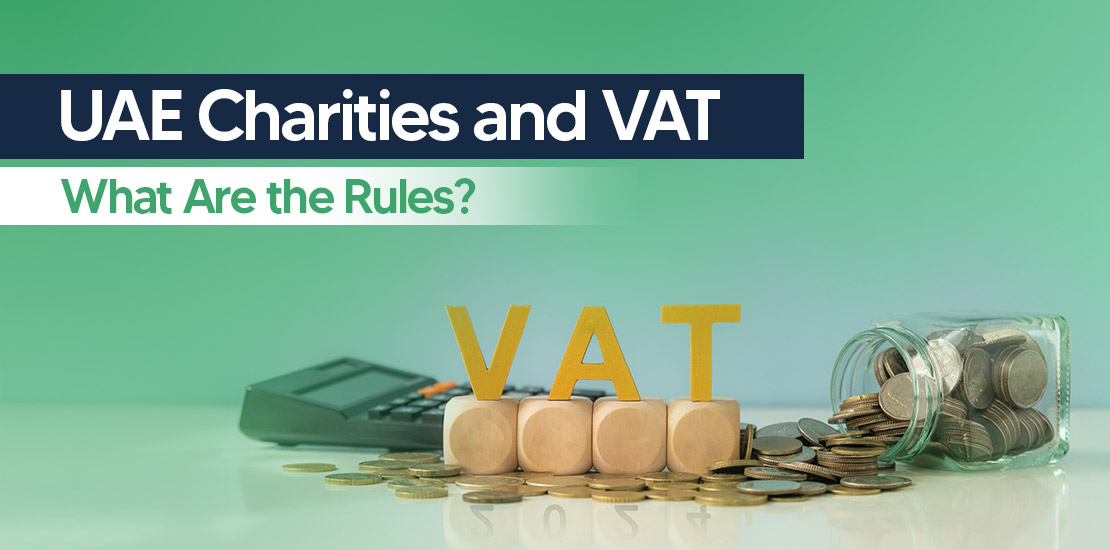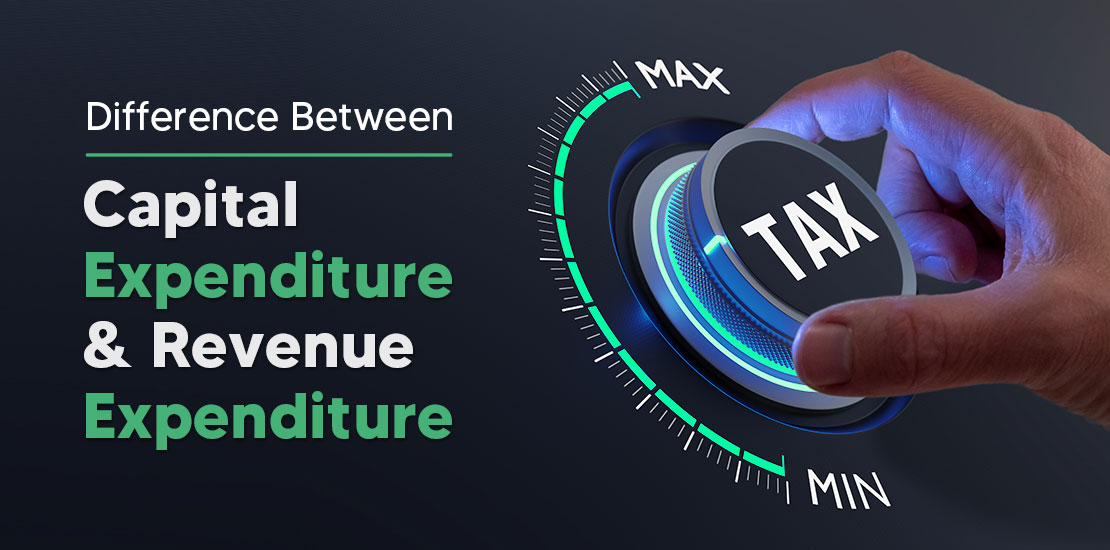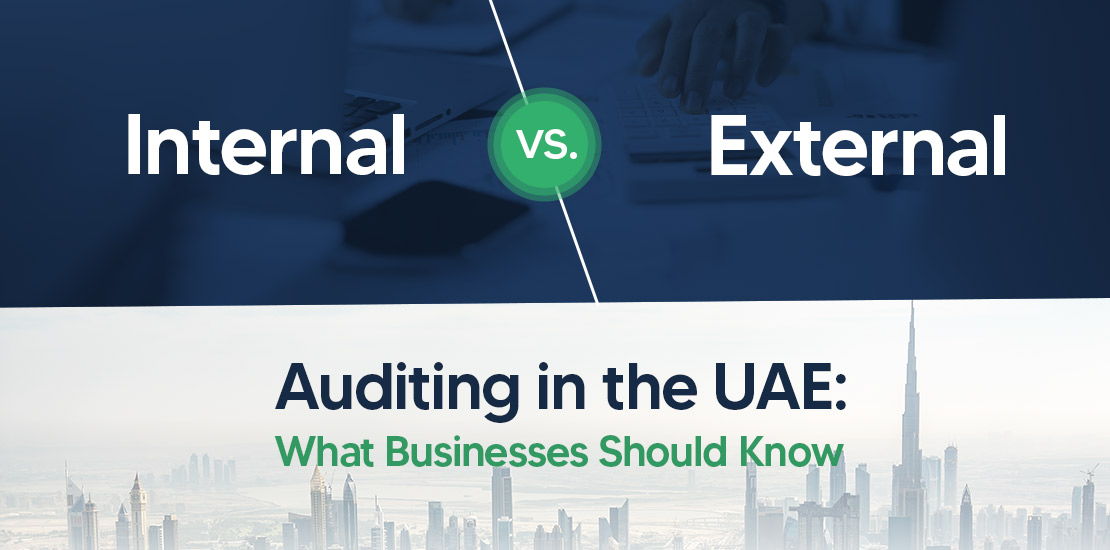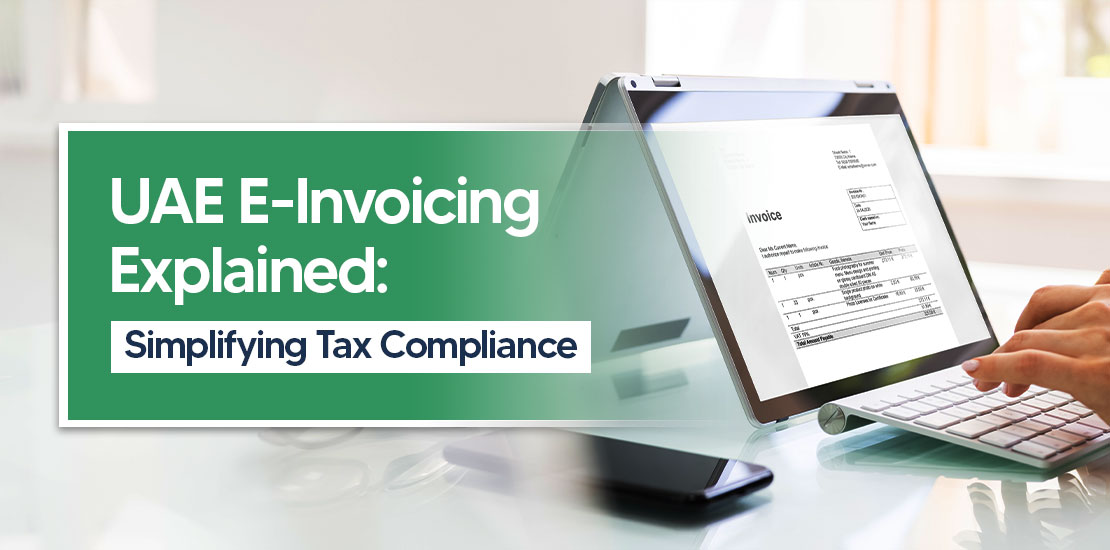Understanding corporate tax in Saudi Arabia is crucial for any business in the Kingdom. The Zakat, Tax, and Customs Authority (ZATCA) introduced this tax to charge enterprises on their income. Recently, there are important updates to the tax rules that companies need to know. Currently, there is no income tax for individuals in Saudi Arabia.
This blog explains the basics of Saudi Arabia’s corporate tax, including the latest changes, tax rates, and filing requirements, so your business can stay on track and comply with the law.
What is the corporate tax in Saudi?
Saudi Arabia corporate tax applies to non-Saudi investors who must pay corporate income tax on their earnings in the Kingdom. On the other hand, Saudi citizens and citizens of GCC countries (treated as Saudi citizens for tax purposes) are subject to Zakat, an Islamic assessment.
If Saudi and non-Saudi investors jointly own a business, ZATCA assesses the Saudi owner’s income for Zakat, while the corporate tax applies to the income attributed to the non-Saudi portion.
Benefits of Saudi Arabia’s Corporate Tax
Implementing corporate tax in Saudi Arabia offers several advantages, from boosting government revenue to attracting foreign investment and promoting economic growth.
1. Boosts Government Revenue
Corporate tax funds public services and infrastructure projects.
2. Promotes Economic Growth
It helps diversify the economy by encouraging growth in sectors beyond oil and gas.
3. Attracts Foreign Investment
A transparent tax system makes Saudi Arabia more appealing to international investors.
4. Offers Regulatory Clarity
It provides a clear set of rules for businesses, reducing uncertainty and fostering fair competition.
5. Encourages Good Practices
Accurate record-keeping and adherence to legal requirements motivate companies.
6. Supports Development
Governments can use tax revenue for development projects and social programs, aiding long-term stability.
7. Aligns with Global Norms
It helps Saudi Arabia adapt to international tax practices, improving its global business reputation.
Who Must Pay Corporate Tax in Saudi Arabia?
Saudi Arabia’s corporate tax applies to various entities and individuals under the Saudi Arabia income tax law. The following groups must pay income tax:
- Resident capital companies with shares owned directly or indirectly by non-Saudi or non-GCC persons and businesses involved in oil and hydrocarbon activities (with some exceptions). The exceptions must pay Zakat instead.
- Speculation trading shares owned in a listed resident capital company within the Saudi capital market.
- Shares owned by those in oil and hydrocarbon production within a listed resident capital company. This includes companies that indirectly own these shares.
- Non-Saudi individuals conducting business in Saudi Arabia.
- Non-resident persons doing business in Saudi Arabia through a permanent establishment (PE).
- Non-residents earn income from Saudi sources without a PE.
- Individuals with investments in natural gas fields.
- Entities involved in oil and hydrocarbon production.
Corporate Tax Rate in Saudi Arabia
The corporate tax rate in Saudi Arabia is 20% of net adjusted profits. Additionally, Zakat is charged at 2.5% on the company’s Zakat base. It reflects the entity’s net worth for Zakat purposes.
However, it’s important to note that income from two specific activities is taxed at different rates:
- Income from oil and hydrocarbon production is taxed at a rate ranging from 50% to 85%.
- Income from natural gas investments is taxed separately from other business activities, with its independent tax base.
Other Corporate Taxes in Saudi Arabia
Saudi Arabia does not impose a capital duty, stamp duty, or payroll tax. Although there is no real estate tax, Zakat (a religious tax) may apply to real estate held for speculation. Additionally, a 5% real estate transaction tax is charged on property disposals.
Zakat is imposed on companies based in Saudi Arabia and other GCC countries at a fixed rate of 2.5%. This tax is applied to the total capital resources held for over 12 months and income not invested in fixed assets. This includes the company’s capital, net profits, retained earnings, and reserves not earmarked for specific liabilities.
Saudi Arabia Corporate Tax Rate List for 2025
The Saudi Arabia Corporate Tax Rate list is as follows:
| Related | Last | Previous | Unit | Reference |
| Corporate Tax Rate | 20.00 | 20.00 | per cent | Dec 2024 |
| Personal Income Tax Rate | 0.00 | 0.00 | per cent | Dec 2024 |
| Sales Tax Rate | 15.00 | 15.00 | per cent | Dec 2024 |
| Social Security Rate | 22.00 | 22.00 | per cent | Dec 2024 |
| Social Security Rate for Companies | 12.00 | 12.00 | per cent | Dec 2024 |
| Social Security Rate for Employees | 10.00 | 10.00 | per cent | Dec 2024 |
| Withholding Tax Rate | 15.00 | 15.00 | per cent | Dec 2024 |
Saudi Arabia Sales Tax Rate – VAT
| Actual | Previous | Highest | Lowest | Dates | Unit | Frequency |
| 15.00 | 15.00 | 15.00 | 5.00 | 2018 – 2024 | per cent | Yearly |
Simplify Your Corporate Tax Compliance in Saudi Arabia
In conclusion, understanding Saudi Arabia’s corporate tax rules is essential for any business in the Kingdom. With the 2024 updates, it’s necessary to be clear on tax rates, deadlines, and specific requirements for different companies.
Shuraa Tax can make this easier for you. We help you prepare tax returns, meet ZATCA requirements, and plan your tax strategy. By working with Shuraa Tax, you’ll stay on top of deadlines, manage your tax obligations smoothly, and focus on growing your business in Saudi Arabia. Contact us today at +971 50 891 2062 or info@shuraatax.com for more information.
FAQs
Q1. What is the corporate tax rate in Saudi Arabia?
The corporate tax rate in Saudi Arabia is 20%.
Q2. What is Saudi Arabia’s corporate tax return deadline?
The Zakat, Tax, and Customs Authority (ZATCA) has announced that the Saudi Arabia corporate tax return deadline for submitting zakat returns and Corporate Income Tax (CIT) is April 29, 2024, for the fiscal year ending December 31, 2023.
Q3. What are the key provisions of Saudi Arabia’s corporate tax law?
Saudi Arabia’s corporate tax law mandates that companies operating in the country must pay a corporate income tax rate of 20% on their profits. Additionally, businesses must comply with Zakat obligations, which are religious levies imposed on certain types of wealth. The law also includes regulations for tax reporting, compliance, and deadlines, overseen by the Zakat, Tax, and Customs Authority (ZATCA).
Q4. What is Saudi Arabia’s corporate tax return due date?
Taxpayers must file Saudi Arabia’s corporate tax returns within 120 days after their year-end. The system operates on a self-assessment basis. Companies owned solely by Saudis, or a mix of Saudis and non-Saudis must submit audited financial statements and tax returns.
Read More on Corporate Tax
Corporate Tax in the UAE
Corporate Tax Return Filing in UAE
Corporate Tax Registration in UAE
Corporate Tax in UAE Free Zone
How to Register Corporate Tax in UAE



